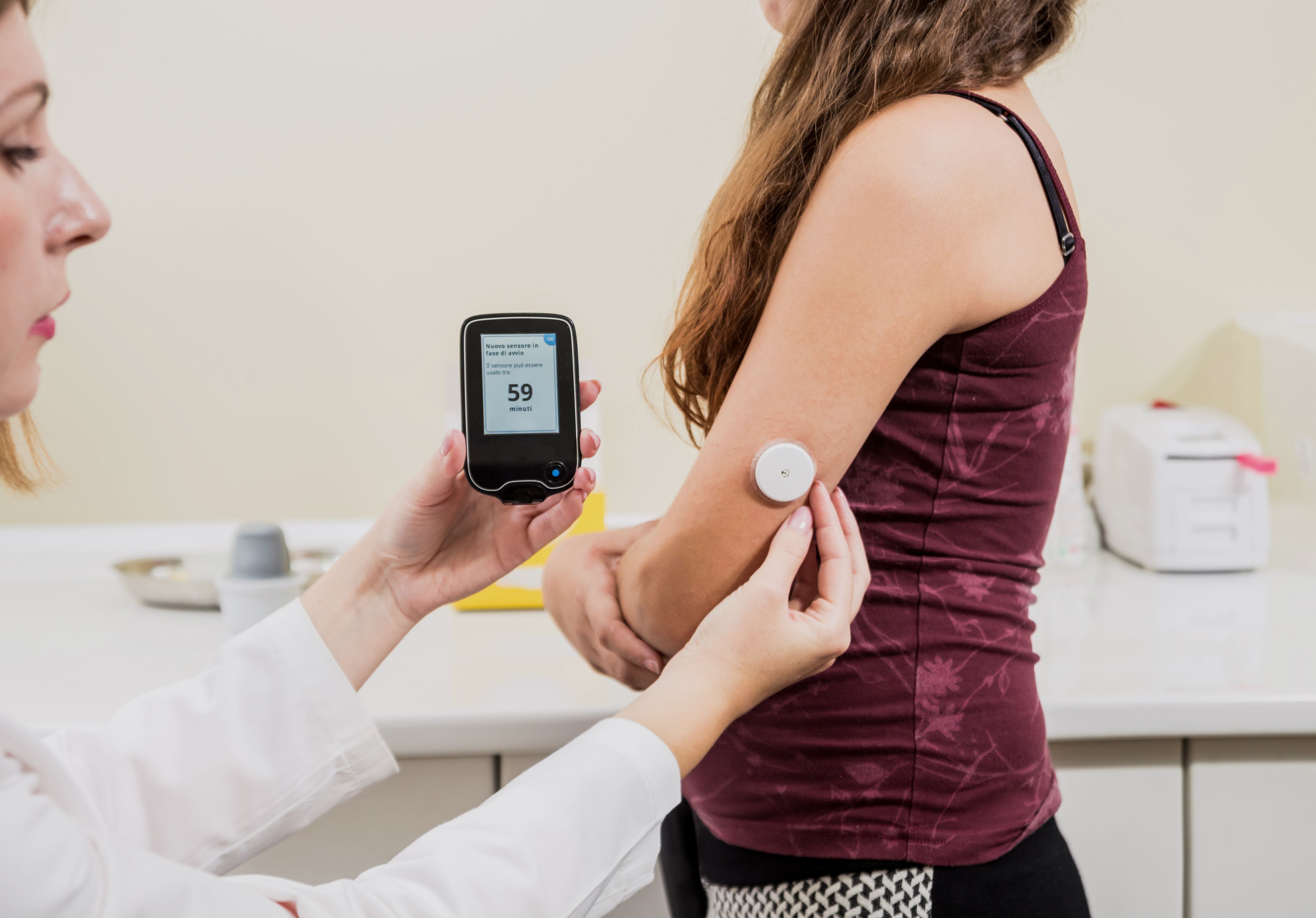
A recent study presented at the Endocrine Society’s 2024 annual meeting in Boston, Massachusetts, highlights the benefits of a Continuous Glucose Monitoring (CGM) optimization program for patients with diabetes. This program not only helps patients become more self-aware but also provides healthcare providers with valuable insights into glycemic control.
The Centers for Disease Control and Prevention (CDC) reports that nearly 40 million Americans have been diagnosed with diabetes. Complications from diabetes can range from microvascular to neuropathic issues, emphasizing the importance of managing the condition effectively. CGM is a crucial tool in diabetes management, offering a detailed overview of blood glucose levels.
While previous research has demonstrated the effectiveness of CGM in diabetes management, there is limited data on its real-world application in resource-limited settings. To address this gap, researchers from Wyckoff Heights Medical Center in New York and Joslin Diabetes Center in Boston conducted a quality improvement initiative study to assess the impact of a multifaceted approach in improving CGM utilization.
During the study period from February to November 2023, researchers developed a CGM clinical care optimization program and established a diabetes technology team. The team met weekly to create a CGM workflow, expand medical assistant responsibilities, produce patient handouts, build vendor relationships, and enhance CGM knowledge through education.
After nine months of the optimization program, 333 patients received CGM prescriptions, with notable improvements in glycemic control. Patients, predominantly Latino and covered under Medicaid or Medicare, showed significant decreases in HbA1c levels, particularly those with a baseline A1c of 9% or more.
The authors concluded that implementing a CGM optimization program in a resource-limited setting is essential for enhancing patient self-awareness and healthcare provider insight into glycemic control for both type 1 and type 2 diabetes patients. These findings underscore the feasibility and importance of such programs in improving clinical care for individuals with diabetes.
To stay informed on the latest developments in pharmacy practice and drug information, sign up for the free Drug Topics newsletter for industry trends and patient care tips.

